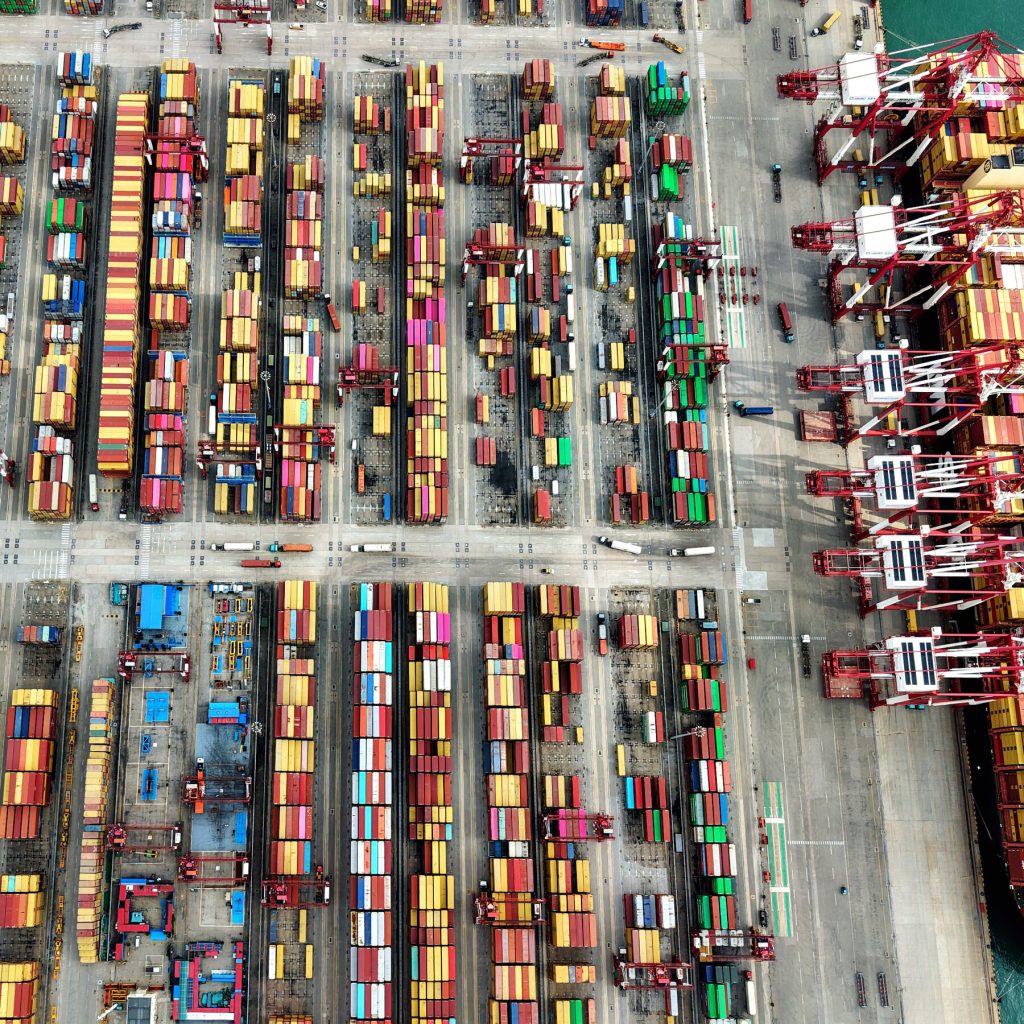Saving the Struggling Wine Industry: A Path Forward

The wine industry is facing a perfect storm of challenges, from declining consumption to changing consumer preferences and increasing competition. As the market continues to shrink, it’s clear that business as usual is no longer a viable option. To revitalize this ailing sector, wine producers and marketers must adapt and evolve, prioritizing two key areas: environmental sustainability and affordability.
Firstly, the wine industry must lean into environmentalism, embracing eco-friendly practices and showcasing its commitment to sustainability. With growing concerns about climate change, consumers are increasingly seeking out products that align with their values and reduce their carbon footprint. Wine producers can capitalize on this trend by highlighting their environmentally responsible practices, such as organic farming, solar power, and reduced water usage. By emphasizing their green credentials, wineries can appeal to the growing demographic of eco-conscious consumers.
Another critical area of focus is affordability. As the wine market continues to contract, consumers are becoming increasingly price-sensitive, seeking out high-quality wines at reasonable prices. To remain competitive, wineries must reassess their pricing strategies, exploring ways to make their products more accessible to a broader audience. This might involve introducing more affordable product lines, offering discounts or promotions, or experimenting with alternative packaging and distribution models.
By prioritizing environmental sustainability and affordability, the wine industry can begin to reverse its decline and attract a new generation of wine drinkers. This will require a fundamental shift in the way wineries operate and market themselves, but the potential rewards are substantial. By embracing change and innovation, the wine industry can ensure a healthy and sustainable future, one that is characterized by growth, profitability, and a deep connection with consumers. Ultimately, the key to saving the wine industry lies in its ability to adapt, evolve, and meet the changing needs and expectations of the modern wine drinker.




